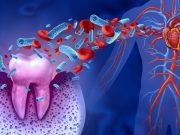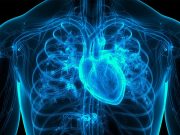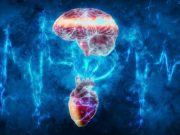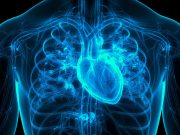Tag: Atrial Fibrillation
Disparities in Direct Oral Anticoagulant Initiation Have Declined in Recent Years
Findings seen for Black and Hispanic patients with atrial fibrillation versus White patients
A-Fib Patients Younger Than 65 Face Heightened Risk for Heart-Related Hospitalization
Findings over five years also show high burden of risk factors and comorbidities
Three-Month Blanking Period After A-Fib Ablation Should Be Shortened, Researchers Say
Two studies show recurrence within blanking period is associated with increased risk for recurrence in long term
2000-2010 to 2011-2022 Saw Increase in Lifetime Risk for A-Fib
Most frequent complication after atrial fibrillation was heart failure, with lifetime risk of more than 42 percent
Periodontitis May Modify Risk for Atrial Fibrillation
Higher periodontal inflamed surface area observed in patients with versus those without a-fib recurrence
Guidelines Developed for Catheter Ablation of Atrial Fibrillation
Patients should have an electrocardiogram and echocardiogram before the procedure; should receive anticoagulation after
Exposure to Secondhand Smoke Tied to Risk for Atrial Fibrillation
Dose-response relationship seen with risk heightened with longer duration exposure
Catheter Ablation for Atrial Fibrillation Cuts Risk for Dementia, Death
Findings persisted across age, sex, and comorbidities
Ischemic Strokes Less Severe With Left Atrial Appendage Closure in A-Fib
Ischemic stroke less often disabling or fatal with left atrial appendage closure than direct oral anticoagulant prophylaxis
Sleep-Related Hypoxia Tied to Incident Atrial Fibrillation
Findings consistent across three measures of hypoxia, when adjusting for pulmonary physiology














